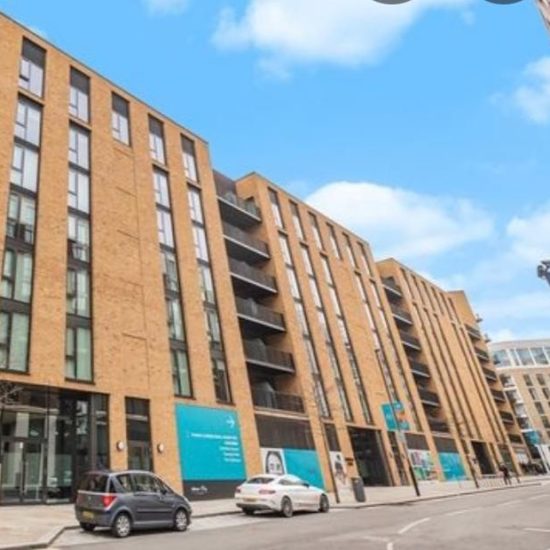Scams - Contact Crimestoppers or Action Fraud
There are many different techniques fraudsters will use to target your money – you could be approached in person, online, by post or over the phone.
Scams are becoming increasingly sophisticated and difficult to spot. Things to look out for include:
- Offers that come out of the blue
- Requests to share your bank account details or verify a password
- Prizes that ask you to send money up front to claim your winnings
- Time-limited offers that ask you to act quickly
- Companies with vague contact details, such as a PO Box or mobile number
- Companies that call you repeatedly and stay on the phone for a long time
You can protect yourself by being careful about who you give your personal details to, and never send money to someone you don’t know or trust.
Coronavirus And Scammers
The police have reported that some individuals may be taking advantage of vulnerable residents by posing as door-to-door coronavirus testers in order to gain access to their homes. The NHS and the police are not doing any tests of this nature at this time.
If anyone knocks on your door, claiming to be carrying out coronavirus tests, please do not let them in and report immediately to Action Fraud Police online or phoning 0300 123 2040, or if you feel in immediate danger call 999.
Covid-19 Vaccine Fraud
Fraudsters are using the Covid-19 vaccine as a way to target vulnerable people by tricking them to hand over cash or financial details.
The NHS will never ask for this – vaccines are free.
Beware of: fake text messages claiming to be from the NHS, asking for your bank details and social media messages offering to send you self-injection vaccines for a fee.
Report vaccine fraud by contacting: Crimestoppers Covid Fraud Hotline or phone 0800 587 5030
Actions You Can Take
- If anyone comes to your door, make sure you check their ID. Don’t let anyone in if you don’t want to. Trust your instincts
- Install anti-virus and firewall software to your computer and make sure you keep it up to date
- Don’t do any financial transactions – eg online banking or shopping – over public WiFi
- Talk to your or their bank immediately if there is any suspicious activity or transactions from your account or credit cards
- Check your privacy settings on social media regularly to make sure they’re up to date
- Don’t share personal information, or anything that could help a criminal, such as when you’re on holiday and your home will be empty
- Be wary of cold callers. Hang up if you think they could be a scammer
- Look into installing a call blocker to help combat telephone scams
- Ask for the name of the person who is calling you and who they represent. Check the information by calling the company’s head office
- Make sure that you destroy or shred any receipts or post with your credit card or personal details on
- Put a ‘no junk mail’ sign on your door
- Report the scam to Citizens Advice who will give you advice on what to do next and report the scam to Trading Standards
- Report the scam to Action Fraud on 0300 123 2040.


























